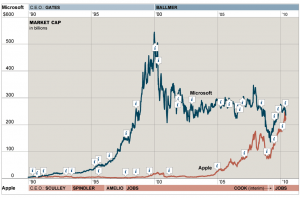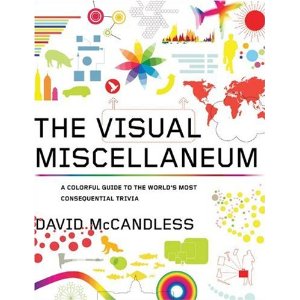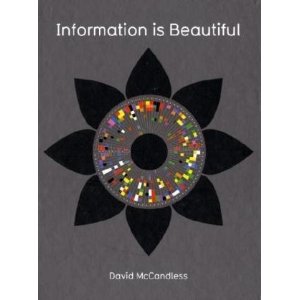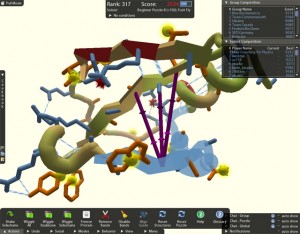
Phi Beta Iota: Industry colleagues point out that Ballmer took over at the top while Jobs came back in at the bottom. Our own view is that a convergence is occurring that will be settled between the personal device and the cloud–who comes up with the most secure reliable personal device (e.g. an eye-screen with earpiece/mike and voice or virtual keyboard or pointer) and the most global affordable mix of call centers, intelligence centers, and M4IS2 softwares, services, and sense-making within the cloud. Google and Oracle and IBM (and their Brazilian, Chinese, and Russian counterparts) are on the same court, but none of them are truly focused on the end game: a World Brain with a Global Game in which we connect all humans to all information in all languages….an open self-organizing world in which profit comes from cost avoidance, truth, reconciliation, and non-zero outcomes.










